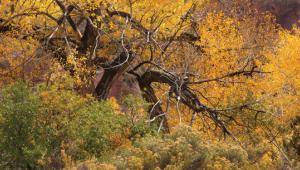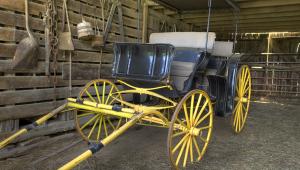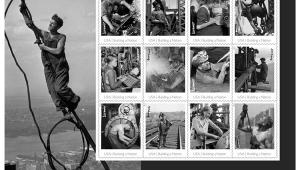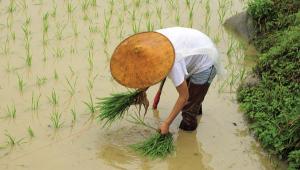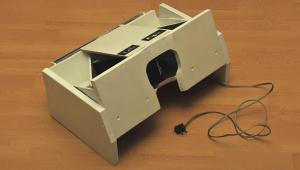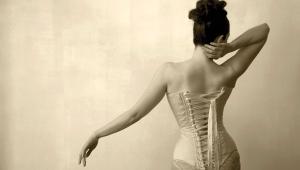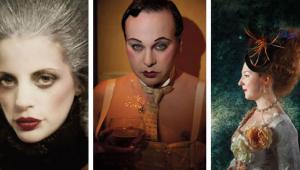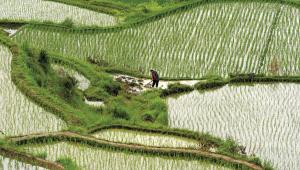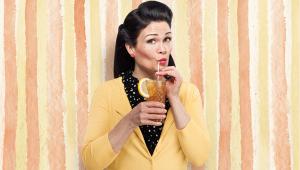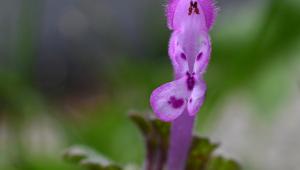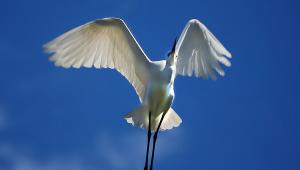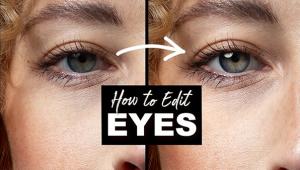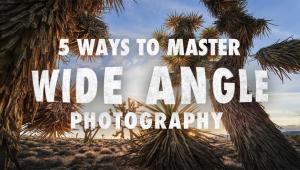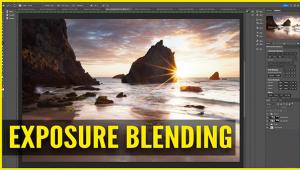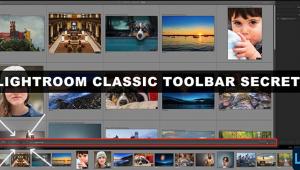The Beauty Part; What Mark Steines Really Wants To Do Is Direct Page 2
 |
 |
||
|
|
Technology has definitely had an effect on his work. "I'm able
to go for the full range of the digital experience, all the possibilities. The
goal of my photography involves all the elements--taking the pictures and
then using Photoshop to add to them or subtract from them. I like to be able
to use Photoshop as a tool of the process, to adjust and change things. I really
enjoy digital--it gives me a chance to be stimulated in many areas--shooting,
lighting, processing effects. You can grow more with digital."
But as technology giveth, it also taketh away: "The darkroom was an oasis,"
Mark says, "a way to get away from everything and just work on what I
loved."
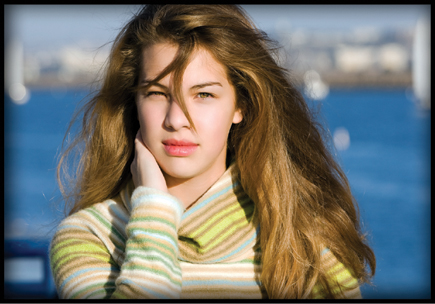 |
|
|
Mark considers himself "a hobbyist, an enthusiast," but he knows he has a few big advantages over the average avid shooter. "I'm constantly looking around. If I go to a movie set, I seek out the stills photographers to see what they're shooting, what lenses they use. I pick their brains: `What's the ISO in here? What speed are you shooting at?' I'm after information from all the photographers I see. I work with some of the best lighting guys, so I have a resource of people for information on color temperature, equipment, using gels, and figuring distance. We have experts in Photoshop at the studio, too, and I'm always in there asking, `How does this work? How do you flatten the image when layering without losing control of this or that?' I have built-in consultants."
But all that merely surrounds the central issue. Ultimately it seems to be
the individual nature of photography that's especially satisfying to him.
In front of the camera he's directed; behind it, he's in control,
making the decisions. "My photography," Mark says, "is an
avenue for me to express my work individually."
Which might be the real beauty part of the story.
- Log in or register to post comments

